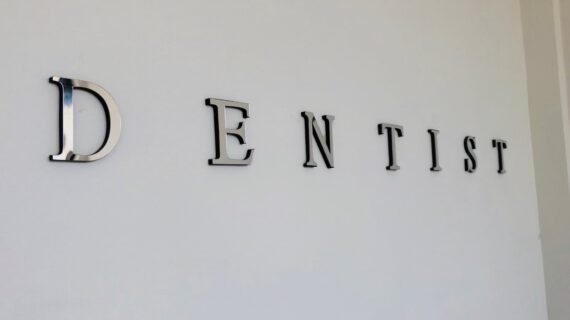Dental Clinic Bali – This pandemic has been giving a lot of obstacles and pressures to everyone including Dentists. The guidance and setting in Dental office also have been set up to minimize the cross infection or transmission of this Covid-19. CDC also has published few guidance for dental setting while pandemic.1 Since March until May 2020, most of dental clinic chose to close their practice place for a while in Indonesia. Even The American Dental Association (ADA) had recommended US dentists to close their practices to all but the emergency dental work.2 The practice of dentistry involves the use of rotary dental and surgical instruments, such as handpieces or ultrasonic scalers and air-water syringes. These instruments create a visible spray that can contain particle droplets of water, saliva, blood, microorganisms, and other debris. Surgical masks protect mucous membranes of the mouth and nose from droplet spatter, but they do not provide complete protection against inhalation of airborne infectious agents. There are currently no data available to assess the risk of Covid-19 transmission during dental practice.1
Then the patients have been asking if they can’t do the dental treatment at all, or a question when this pandemic will end. The only real answer is “we don’t know, no one knows” since it is the first time for everyone and it is still being studied. Closing dental practices during the pandemic can reduce the number of affected individuals, but will increase the suffering of the individuals in need of urgent dental care. It will also incense the burden on hospitals emergency departments.3
Dental Clinic – Patient Guide For Emergency Care
The ADA published a helpful patient guide listing which dental problems require emergency care and which can wait a few weeks. The following are conditions that you need to see a dentist for right away despite the danger of COVID-19, according to the ADA:
- Bleeding that doesn’t stop
- Painful swelling in or around your mouth
- Pain in a tooth, teeth or jaw bone
- Gum infection with pain or swelling
- After-surgery treatment (dressing change, stitch removal)
- Broken or knocked out tooth2
It is important to note that during this pandemic, the range of emergency dental treatment on offer may be limited to dental extractions only rather than fillings or other restorative care and scaling (cleaning). Which have higher significance for people with bleeding disorders due to managing the risks of bleeding. It is important before attending an emergency appointment that you have communicated your bleeding disorder to the emergency dentist who you may not have met before.4 Unfortunately, there may be instances where patients behave unreasonably, perhaps out of frustration or anxiety.5 It happened several times in our clinic too, but we chose to give a better explanation so it can be acceptable by our precious patients. Clear communication with patients will also help, so update your website and practice answerphone messages to make it clear how patients can access dental clinic services during the coronavirus pandemic.5
Resources:
- https://www.cdc.gov/coronavirus/2019-ncov/hcp/dental-settings.html
- https://www.medicinenet.com/should_i_go_dentist_covid-19_coronavirus_pandemic/ask.htm
- https://www.ncbi.nlm.nih.gov/pmc/articles/PMC7141449/
- https://www.ehc.eu/coronavirus-updates/dental-care-and-covid-19-pandemic/
- https://www.nature.com/articles/s41407-020-0288-y

